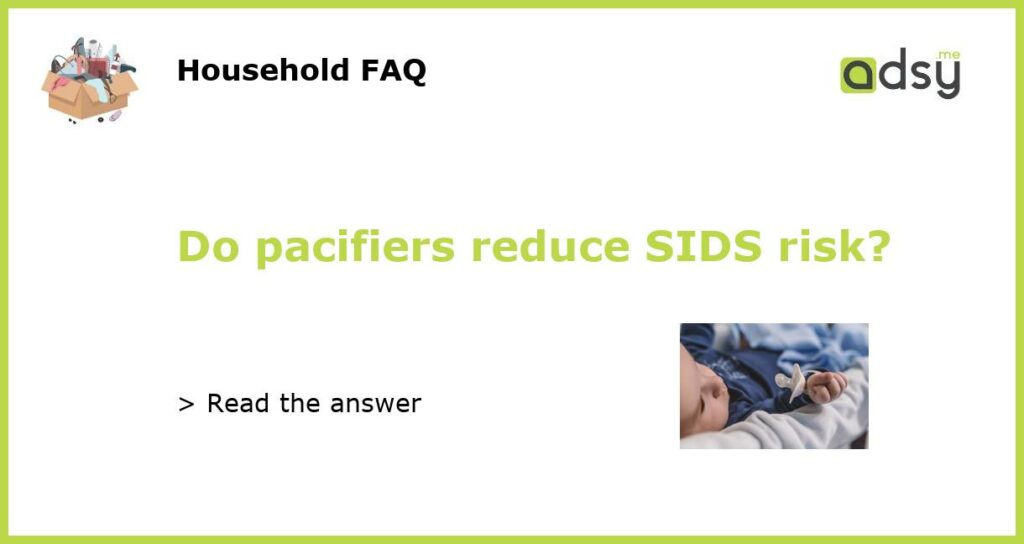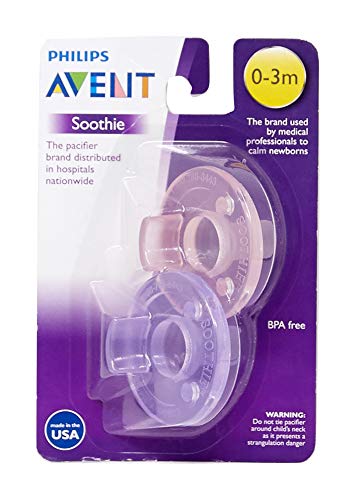Pacifiers and SIDS: What You Need to Know
Sudden Infant Death Syndrome (SIDS) is a parent’s worst nightmare. The thought of your baby succumbing to this mysterious and devastating condition is enough to keep any new parent up at night. But could something as simple as a pacifier help reduce the risk of SIDS? In this article, we will explore the research and evidence surrounding this question.
The Link Between Pacifiers and SIDS
Multiple studies have shown a potential correlation between pacifier use and a reduced risk of SIDS. A 2013 meta-analysis published in the journal Pediatrics analyzed data from 4,820 infants and found that using a pacifier during sleep was associated with a significantly lower risk of SIDS. Another study published in the same journal in 2005 analyzed data from over 1,000 babies and found that pacifier use was associated with a 90% reduced risk of SIDS.
Pacifiers and Safe Sleep Practices
While the research suggests a potential link between pacifiers and a lower risk of SIDS, it’s important to note that pacifiers should never be used as a substitute for safe sleep practices. The American Academy of Pediatrics (AAP) recommends that babies be placed on their backs to sleep, on a firm sleep surface, and in a crib or bassinet free from loose bedding, pillows, or soft toys.
Pacifiers should be introduced when breastfeeding is established, usually after the first month. If your baby falls asleep with a pacifier, it’s important to reinsert it if it falls out during sleep. However, if your baby refuses the pacifier or it falls out on its own, there is no need to force its use.
Understanding the Potential Mechanism
While the exact mechanism underlying the protective effect of pacifiers against SIDS is still not fully understood, there are several theories. One hypothesis suggests that sucking on a pacifier helps to maintain an open airway by preventing the tongue from falling back and obstructing the breathing passages. Another theory proposes that pacifiers may help to regulate heart rate and oxygen levels in babies.
It’s worth noting that not all experts agree on the potential benefits of pacifiers in reducing SIDS risk. Some argue that there may be confounding factors, such as the fact that pacifier users may have different sleep environments or other risk factors that are not accounted for in the studies.
When to Consult a Healthcare Provider
If you have concerns or questions about using a pacifier to reduce the risk of SIDS, it’s important to consult with your baby’s healthcare provider. They can provide personalized advice and guidance based on your baby’s individual circumstances and health history. Additionally, healthcare providers can help ensure that you are following safe sleep practices and address any other concerns you may have regarding your baby’s sleep habits.
In conclusion, the research suggests a potential link between pacifier use during sleep and a reduced risk of SIDS. However, pacifiers should never be used as a substitute for safe sleep practices recommended by the AAP. If you are considering using a pacifier for your baby, it’s best to consult with your healthcare provider for personalized guidance and to ensure you are following safe sleep practices.






